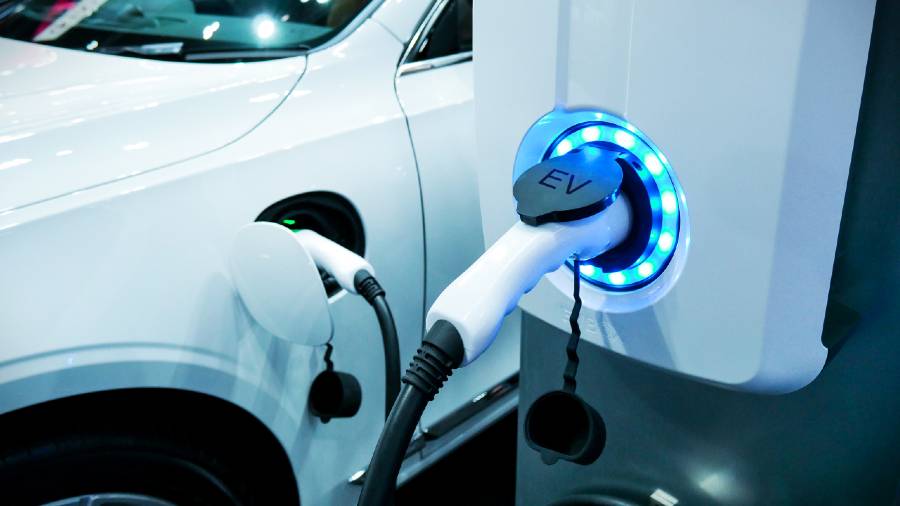The electric vehicle industry has welcomed the battery swapping policy with inter-operability standards.
Battery swapping is one of the ways of charging an electric vehicle (EV). Instead of spending time charging up a depleted battery, battery swapping enables the exchange of freshly charged batteries.
Such a policy necessitates inter-operability standards which imply the standardisation of batteries used by OEMs and manufacturers of EVs.
The Society of Manufacturers of Electric Vehicles (SMEV) applauded the move. Sohinder Gill from the SMEV said: “This will help to develop EV infrastructure and increase the use of EVs. It would motivate businesses engaged in delivery and car aggregation businesses to incorporate EVs into their fleet. It will create new avenues for companies to venture into the business of battery swapping.”
But he also pointed out enough funds need to be set aside for research and development. “Unless we work seriously on EV batteries, we will end up in a situation similar to, if not worse than, our dependence on crude oil,” said Gill.
“The current level of research is abysmally low, diluted, and scattered," Gill added.
Naveen Munjal, MD, Hero Electric, one of the largest electric two-wheeler makers, said the commencement of battery swapping and battery standardisation process will open up avenues for further growth and development of the EV and energy sector in the country.
Sambit Chakraborty of Indigrid Technology said: “The policies should take a holistic approach to ensure that there is a proper and adequate supply network of swappable packs and swap stations so that it works as if someone is fuelling their vehicle and is able to ‘swap’ in 2-3 minutes.”
“Ground charging does not really work except at home (not for commercial purposes) because of the load it will exert on the grid and the time it takes. Convenience especially for the last mile operators, gig economy players and home tests/collections is key,” he said.

